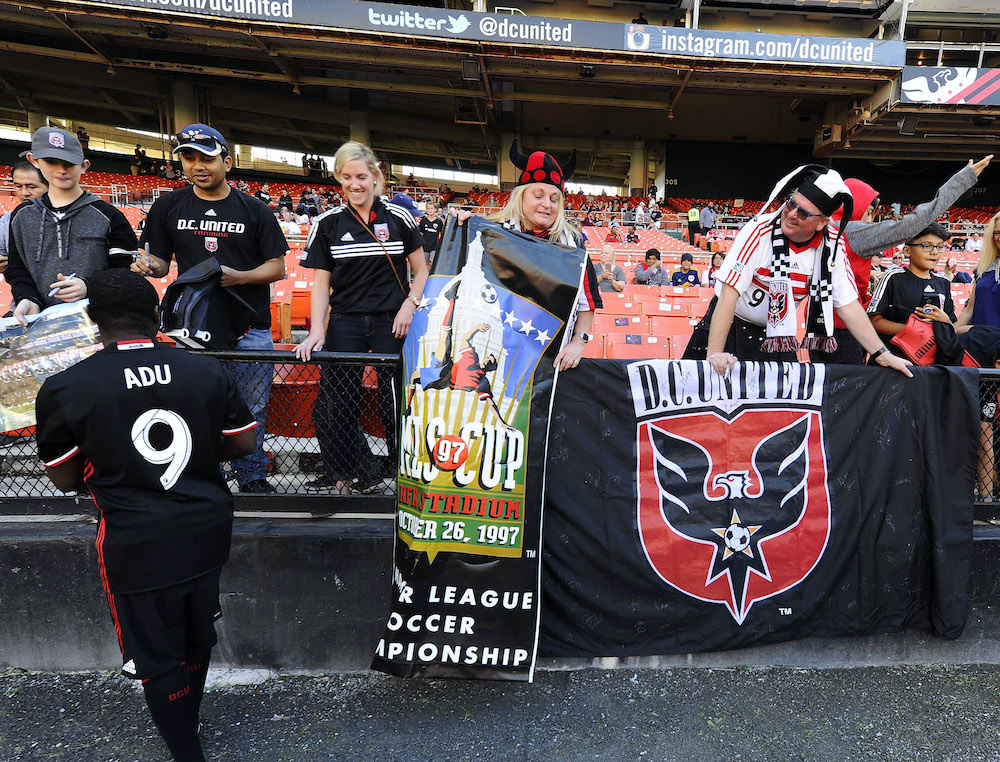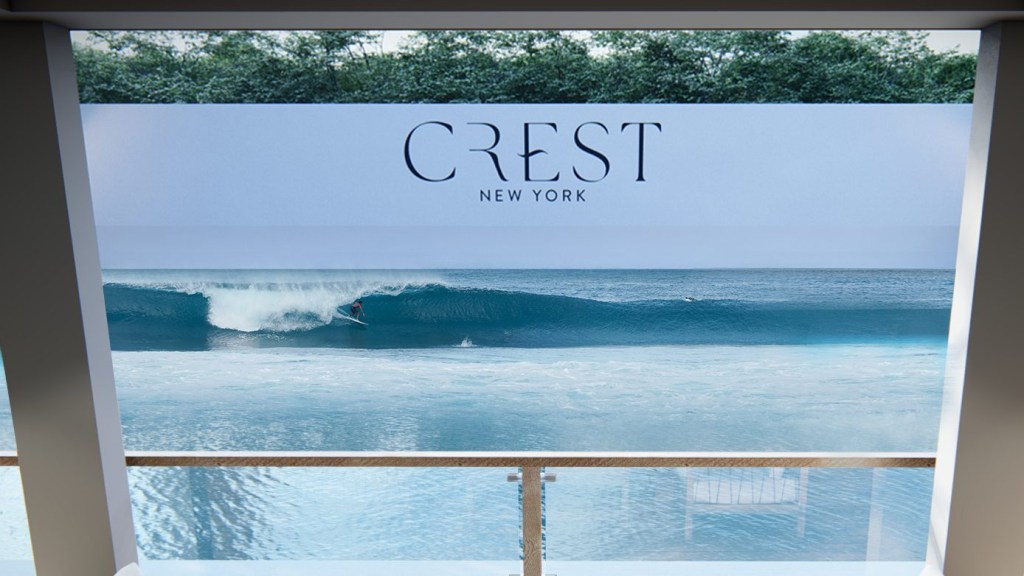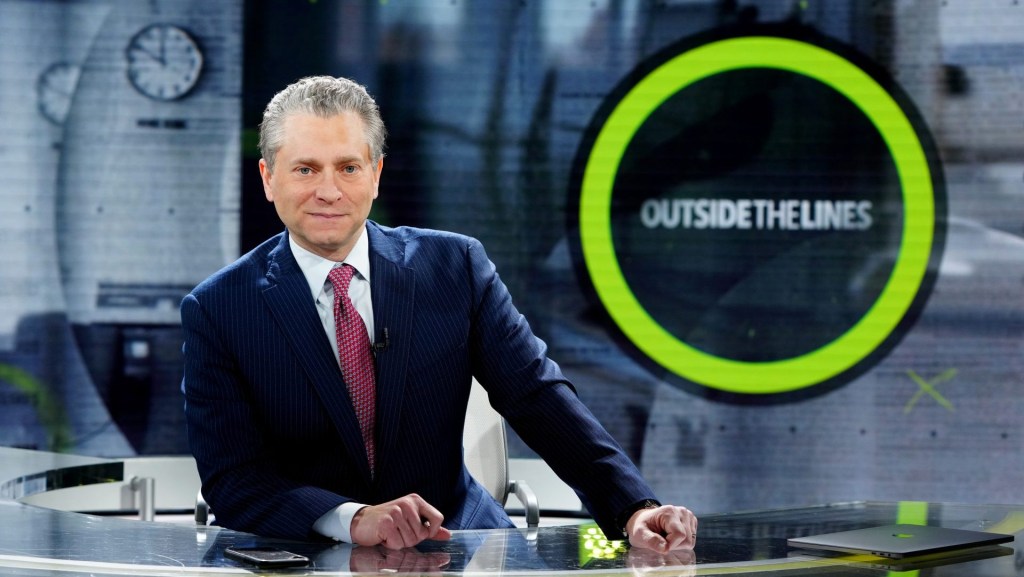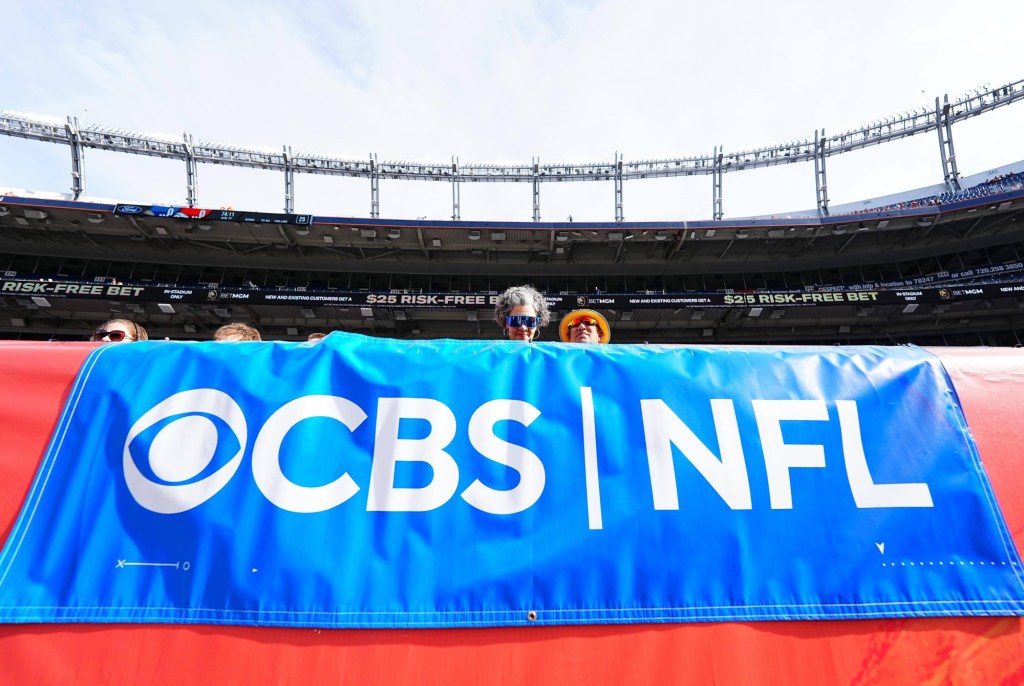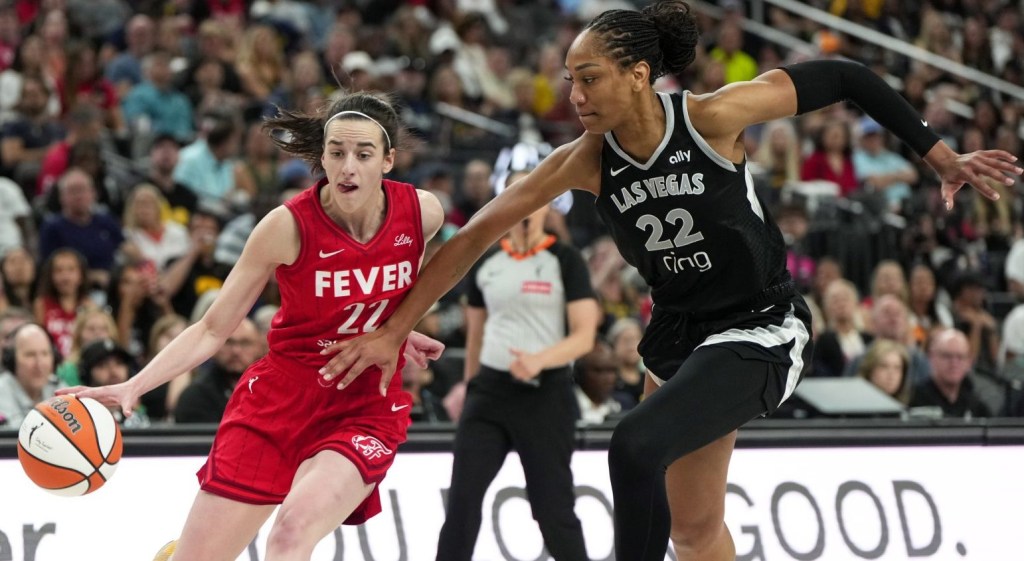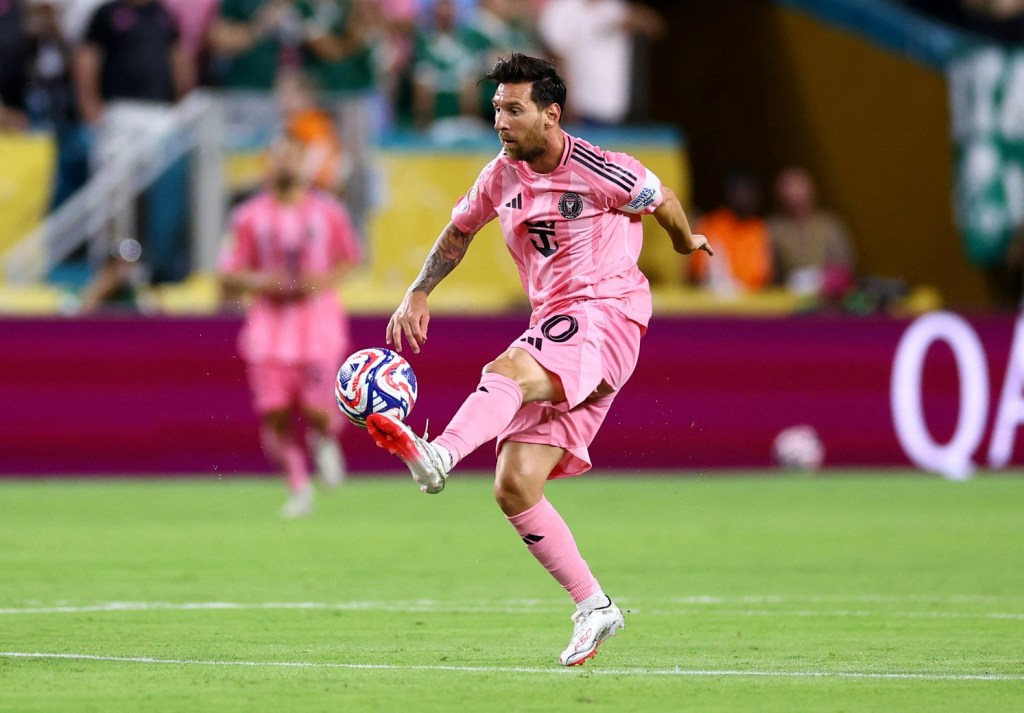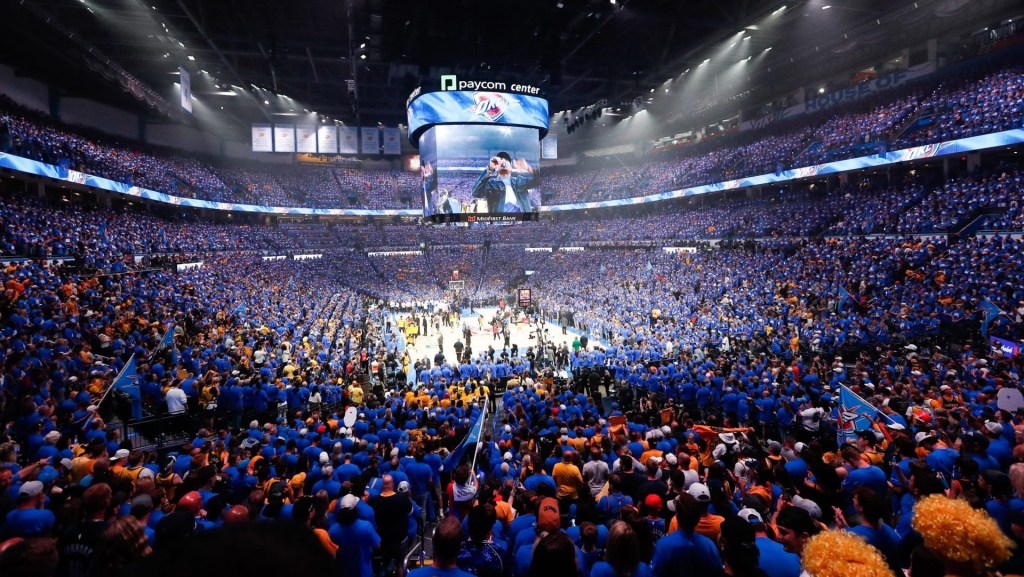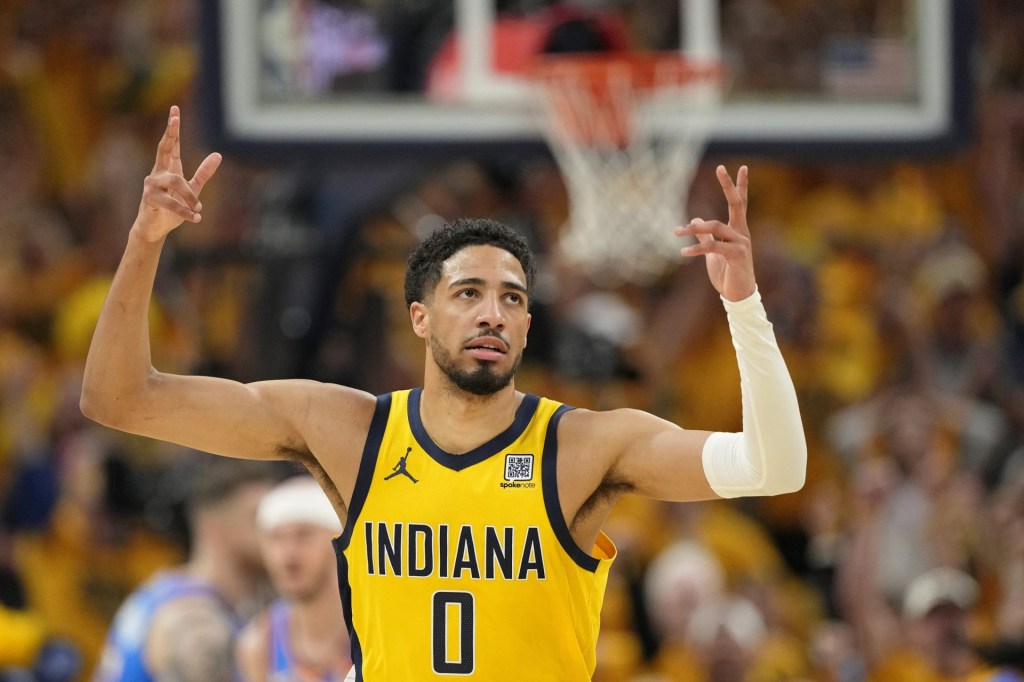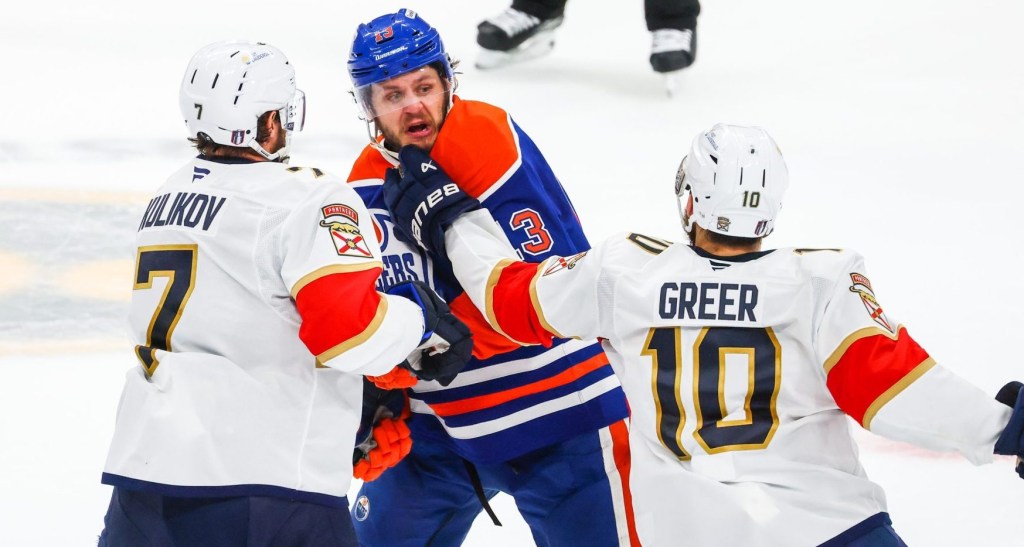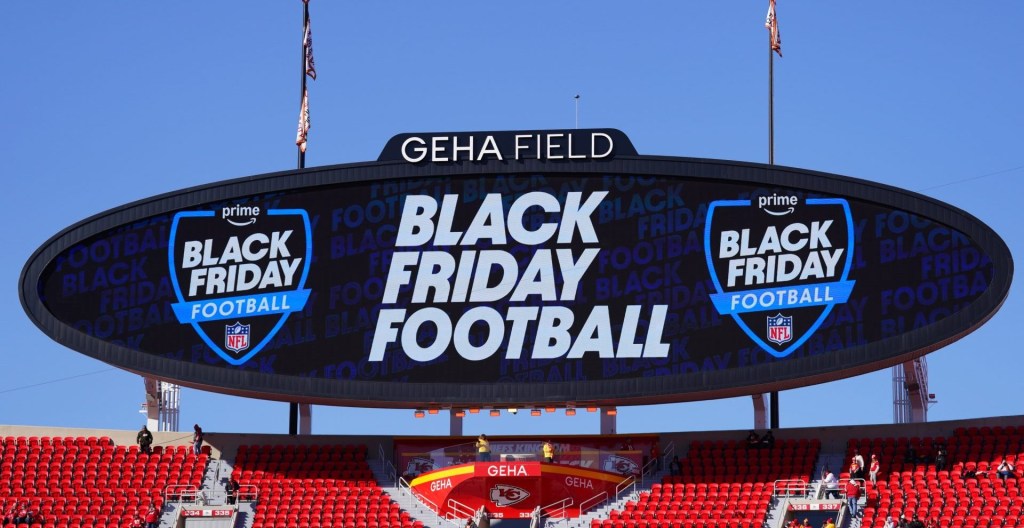In 2003, a Sports Illustrated story by Grant Wahl announced the arrival of the then-13-year-old Freddy Adu. Prodigies were a rage at the time, and the story about the young U.S.-born soccer player came a year after Wahl’s cover story on a 17-year-old named LeBron James, and a few years after Tiger Woods burst on the golf scene.
James’ career panned out; Adu never lived up to the hype. Now, Wahl will close the loop with a six-episode narrative podcast series in partnership with Blue Wire Media. The series will debut in October.
After writing those cover stories on arguably the two biggest teenage phenoms in the past 20 years, one turned into a generational super star, the other fell short of the enormous pressures put on his shoulders. Wahl, who then covered Adu throughout his journeyman soccer career, wanted to dive into his story and why some prodigies live up to the hype and others don’t.
“I also felt conflicted personally about whether it is OK to be putting a teenager on the cover of SI and how are you influencing their life?” said Wahl, who in May was fired in a public spat by Sports Illustrated after a 23-year career at the magazine. “I remember putting LeBron on the cover. I was excited as a writer, but thinking ‘are we ruining his life?’ He made it and benefited from that cover I’m sure, but also there’s a burden that comes with that and he felt that to some degree, but Freddy especially did.”
“Right before his first MLS game in 2004, I did a big magazine story, I had gone to this national TV ad shoot he did with Pele, before he played a pro game. Part of me, a little bit because of those conflicts, wanted to talk to him for the first time in 10 years, and sort of ask him, “Do I owe you an apology?’” Wahl said.
Wahl said he’s had the story in his head for a long time. One hurdle was the set up Authentic Brands Group, which bought SI in 2019, had with Maven, which was contracted to manage the magazine’s content. ABG maintained the SI brand rights for videos over 15 minutes and podcast series. Not long after he was fired, a producer he’d worked with at SI, Harry Swartout, reached out to Wahl. Swartout had left SI to join Blue Wire as lead narrative podcast producer and talked Wahl into the ambitious Adu podcast project.
They started the project in June and interviewed approximately 20 people, each one averaging an hour. Adu did take part in the project, turning down an interview request at first before being convinced by people close to him to talk. In the end, Wahl said he had a “pretty revealing” 90-minute conversation with him.
“He has turned down every request in recent years to look back at the early stages of his career,” Wahl said. “And I can understand that, but it was interesting, we were going to do this project whether we had Freddy or not.”
For Blue Wire, the Adu podcast will launch a new series of narrative podcasts that the company plans on developing with “high profile journalists,” said Kevin Jones, Blue Wire’s founder and chief executive officer. The podcast network has more than 100 shows that reach millions of listeners each month. The company raised $1.2 million from Dot Capital in March and will look at raising a Series A soon.
Most of the podcasts work through a revenue share – as Blue Wire sells, markets and produces the podcasts. The narrative series will largely feature upfront payments, Jones said.
“He’s the most credible journalist we’ve worked with and we want to build out a serious journalism channel,” Jones said. “What if a writer of his quality did four podcasts a year instead of 50 articles? It sounds crazy now, but we’re trying to build a world where writers can come and build their stories in audio.”
“It’s hard to pull off by themselves and reporters are sitting on stories that deserve more than a long feature,” he said.
Wahl is far from the first big name Blue Wire has brought into its network. In recent months the company has partnered with Seattle Seahawks tight end Greg Olsen, U.S. soccer player Megan Rapinoe and Seattle Storm guard Sue Bird, retired NBA guard Baron Davis, and Chicago Cubs second baseman Ian Happ.
Year-over-year, Jones said the network’s listenership is up approximately 15% and the past two weeks have been the biggest ever as sports come back. Jones has good reason to be bullish on podcasts – 68 million Americans listen to at least one podcast a week, with 45% of monthly listeners earning at least $75,000 a year, according to Podcast Insights. Podcast advertising revenue has grown from $69 million in 2015 to a projected $812 million this year, a 14% year-over-year growth that’s down from 2019’s 48% growth because of COVID-19.
Wahl started an independent interview podcast, Fútbol with Grant Wahl, that drops twice a week in mid-May, but that show will not join the Blue Wire network of podcasts. He didn’t rule out a return to Blue Wire, pending the right idea for another narrative story.
“For an episodic series, you need a lot more support,” Wahl said. “And on the production side, Harry Swartout, I just have so much trust with him.”
